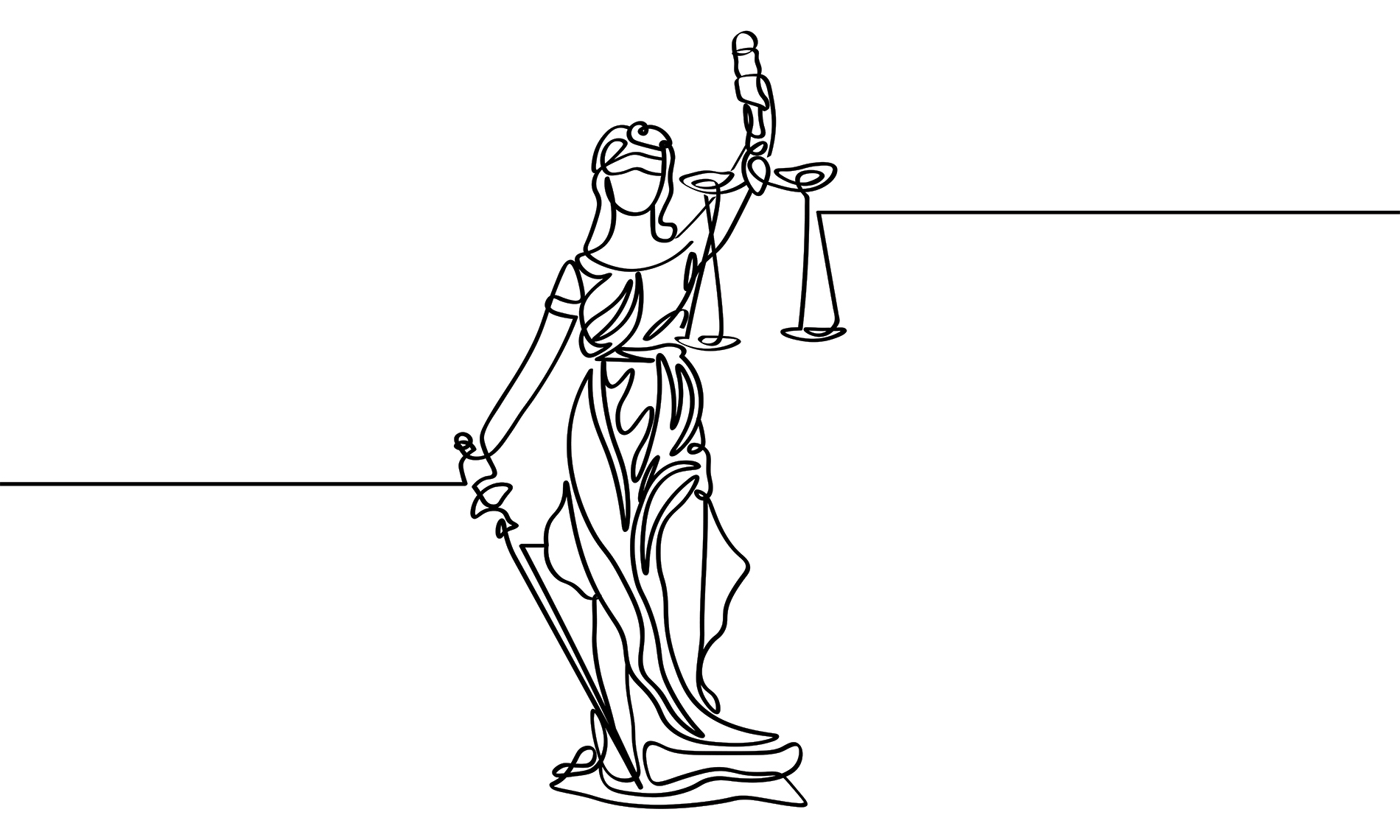Understanding the County Court System and Judges: A Comprehensive Overview
County Court in England and Wales: A Closer Look
In England and Wales, the County Court plays a crucial role in handling civil matters, distinct from criminal cases where the state prosecutes individuals. Civil court cases typically involve individuals or businesses seeking redress for perceived infringements of their rights.
Various types of civil cases are heard in the County Court, including businesses trying to recover owed money, individuals seeking compensation for injuries, and landowners seeking orders to prevent trespass.
While some civil matters, such as pub licensing, can be dealt with by magistrates, the majority of civil cases are heard in the County Court. More complex cases or those involving significant sums of money are typically escalated to the High Court.
County Court centers handle a range of cases, including contract and tort disputes, recovery of land actions, bankruptcy and insolvency matters, and cases related to wills and trusts. District Judges in County Court centers preside over contested civil cases with values up to £25,000, with some centers handling higher value claims with the permission of a Designated Civil Judge.
Additionally, County Court centers may have Circuit Judges who hear cases with values between £10,000 and £25,000, particularly those with complex issues or requiring multiple days of court time. District Judges oversee case management, ensuring smooth proceedings and dealing with repossessions and damages in uncontested cases.
Following a judgment in a County Court case, successful litigants may seek enforcement through various procedures, such as writs and warrants of control. The judge may also determine costs, including legal fees, court fees, and expenses incurred by the parties and witnesses.
Who Sits in a County Court?
County Courts are presided over by Circuit Judges, fee-paid judges like Deputy District Judges and Recorders, and full-time District Judges. These judges handle a wide range of civil cases, ensuring fair and efficient proceedings.
A Judge Hearing a Civil Case
Prior to a civil case trial, the judge familiarizes themselves with the case details and relevant laws. Judges play an active role in managing cases, encouraging cooperation between parties, exploring settlement options, and ensuring fair presentation of evidence.
During a trial, judges hear evidence from parties and witnesses, ask clarifying questions, and make decisions based on facts and applicable laws. They may deliver judgments immediately or at a later date, determining remedies such as damages or injunctions.
Costs
After delivering a judgment, the judge addresses the costs of the case, including legal fees, court fees, and other expenses. The general rule is that the unsuccessful party bears the costs, but judges have discretion to adjust this ruling based on the circumstances of the case.
Overall, the County Court in England and Wales serves as a vital forum for resolving civil disputes and ensuring justice for individuals and businesses.


